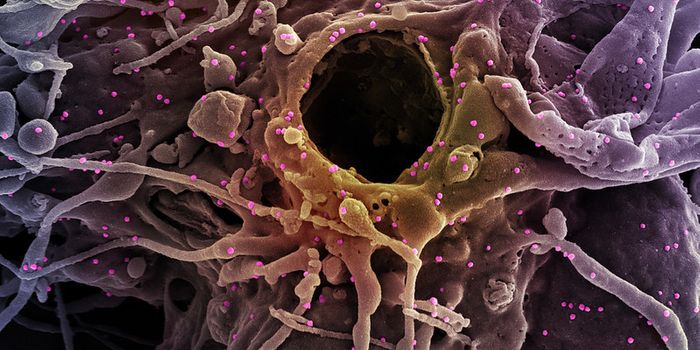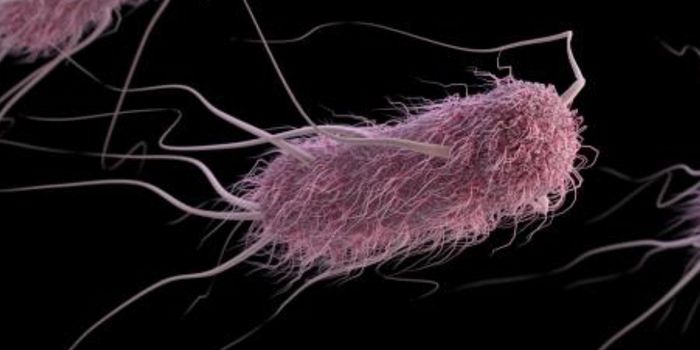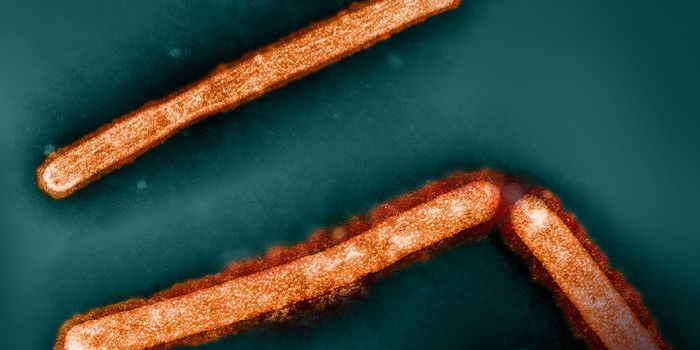As Buildings Reopen After Lockdowns, They Find Legionella
Several schools have identified Legionella bacteria in their water after it sat stagnant in the plumbing for long periods, which encourages the growth of the pathogen. Legionella causes Legionnaire's disease, which can be deadly. The CDC is now warning people that are reopening buildings to be on the lookout for the microbes or to flush every tap and water source. It seems that warning applies to everyone; even the CDC had to deal with the problem.
"During the recent closures at our leased space in Atlanta, working through the General Services Administration (GSA), CDC directed the landlord to take protective actions," the CDC said in a statement to CNN. "Despite their best efforts, CDC has been notified that Legionella, which can cause Legionnaires' Disease, is present in a cooling tower as well as in some water sources in the buildings. Out of an abundance of caution, we have closed these buildings until successful remediation is complete."
Legionella bacteria are common, and usually, only cause a problem when water they live in is aerosolized, and the microbes are inhaled. Water fountains and showers are typical sources.
The CDC said there is no current surveillance system for Legionella, so there is no good way to know whether the COVID-19 pandemic has increased the problem or it's happening because there aren't as many large gatherings, epidemiologist Chris Edens of CDC's Legionella team told CNN.
"This water has been sitting and could be at risk of Legionella growth," he added. Many different facilities may be at risk, Edens said. "We are talking hotels, we are talking large office buildings, we are even talking certain kinds of factories ... a lot of those buildings have been shut down.
Luckily, the fix is easy even if no testing is done; water sources have to be flushed. Disinfection like chlorination can kill the microbes, so adding a little bit of fresh water can destroy the pathogens, but they can also generate biofilms in pipes.
"One of the things that we typically recommend in buildings that have been disused is flushing," Edens said. "That can be as simple as turning the faucet on. Let cold or hot water course through the system. Keep that water moving. You want to keep the cold water cold and you want to keep your hot water hot."
Legionnaire's disease is a severe type of pneumonia, and can cause head and muscle aches, fever, chest pain, cough, gastrointestinal symptoms and confusion. It can lead to serious and life-threatening complications like kidney failure and septic shock. Smokers and people with weakened immune systems are at greater risk of illness if they are exposed; not everyone that encounters Legionella bacteria will get sick.
Sources: CNN, CDC, Mayo Clinic









